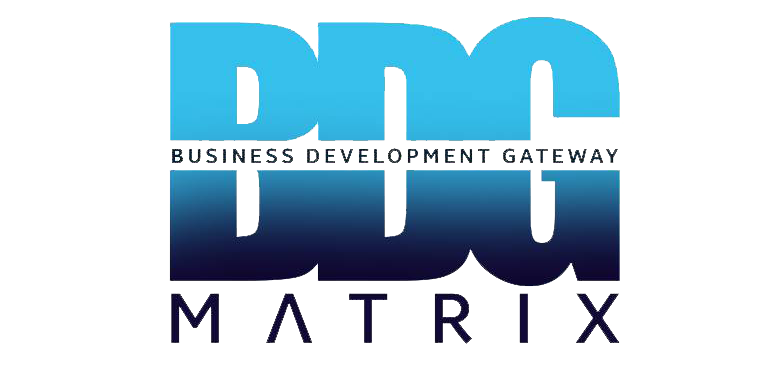Workplace professionalism is the foundation of a productive, respectful, and efficient work environment. It encompasses behaviors, attitudes, and skills that align with organizational expectations and foster a positive workplace culture. Understanding workplace professionalism is essential for navigating diverse work settings, from corporate offices to creative startups. This article explores what workplace professionalism means, its core components, and how it drives career success.
What is Workplace Professionalism?
Workplace professionalism refers to the conduct and mindset that contribute to organizational goals while maintaining respect for colleagues and stakeholders. It includes punctuality, ethical behavior, effective communication, appropriate appearance, and a commitment to excellence. Professionalism is not just about following rules; it’s about building trust, demonstrating reliability, and creating a harmonious work environment.
For example, in a corporate office, professionalism might involve arriving on time for meetings, dressing in business attire, and addressing colleagues respectfully. In a creative agency, it could mean collaborating on projects while maintaining a polished and respectful demeanor, both in-person and online.
Core Components of Professionalism
• Punctuality and Time Management
Being on time is a universal sign of respect and discipline. Professionals prioritize punctuality for meetings, deadlines, and tasks. For instance, a project manager who submits reports on schedule builds trust and credibility with their team and superiors.
• Effective and Respectful Communication
Professional communication is clear, polite, and context appropriate. It involves active listening, using professional language, and adapting tone to suit the audience. For example, starting emails with a formal greeting or offering constructive feedback diplomatically reflects professionalism.
• Ethical Conduct and Integrity
Integrity is at the heart of professionalism. Professionals uphold honesty, maintain confidentiality, and make fair decisions. A team member who handles sensitive information responsibly or avoids conflicts of interest exemplifies ethical behavior.
• Professional Appearance
Appearance matters in the workplace. Dressing appropriately whether in formal business attire, industry-specific uniforms, or smart-casual clothing signals respect for the workplace. For instance, a consultant in a client facing role is expected to maintain a polished look to inspire confidence.
• Teamwork and Collaboration
Professionalism shines through in collaborative efforts. Professionals contribute to group goals, share knowledge, and support colleagues. A designer who mentors a junior team member or facilitates brainstorming sessions demonstrates professionalism through teamwork.
• Adaptability and Problem-Solving
Workplaces often face unexpected challenges, from tight deadlines to technical issues. Professionals who remain flexible and solution-oriented stand out. For example, an employee who finds creative ways to meet a deadline despite obstacles showcases resilience and professionalism.
Why Professionalism Matters
Professionalism has significant benefits:
• Career Growth: Consistent professionalism leads to promotions, recognition, and opportunities.
• Workplace Harmony: Respectful communication and collaboration reduce conflicts and foster positivity.
• Organizational Success: Professional employees enhance their company’s reputation, attracting clients and partners.
• Personal Development: Professional habits, like time management and integrity, build confidence and transferable skills.
Challenges to Professionalism
Maintaining professionalism can be challenging due to:
• Workplace Dynamics: Hierarchical structures may discourage open communication or innovation.
• External Pressures: Stress or economic challenges can lead to disengagement or unprofessional behavior.
• Technological Distractions: Misuse of social media or devices can undermine professional conduct.
• Bias or Favoritism: Unfair treatment in some workplaces can erode trust and professionalism.
How to Cultivate Professionalism
• Master Time Management: Use tools like calendars or apps to stay organized and meet deadlines.
• Sharpen Communication Skills: Practice clear, respectful communication and seek feedback to improve.
• Commit to Continuous Learning: Stay relevant by pursuing training, certifications, or industry knowledge.
• Develop Emotional Intelligence: Handle conflicts calmly and show empathy to build stronger relationships.
• Maintain a Professional Online Presence: Ensure your social media profiles reflect your professional values.
The Role of Organizations
Employers play a vital role in fostering professionalism by providing clear workplace policies, offering training on communication and ethics, and rewarding merit. Companies that invest in employee development programs create a culture where professionalism thrives, benefiting both staff and the organization.
Conclusion
Understanding workplace professionalism is key to thriving in any work environment. By embracing punctuality, respectful communication, integrity, and adaptability, professionals can build trust, advance their careers, and contribute to organizational success. Whether in a corporate office, a creative studio, or a remote setting, professionalism is a universal skill that sets individuals apart and drives collective progress.




